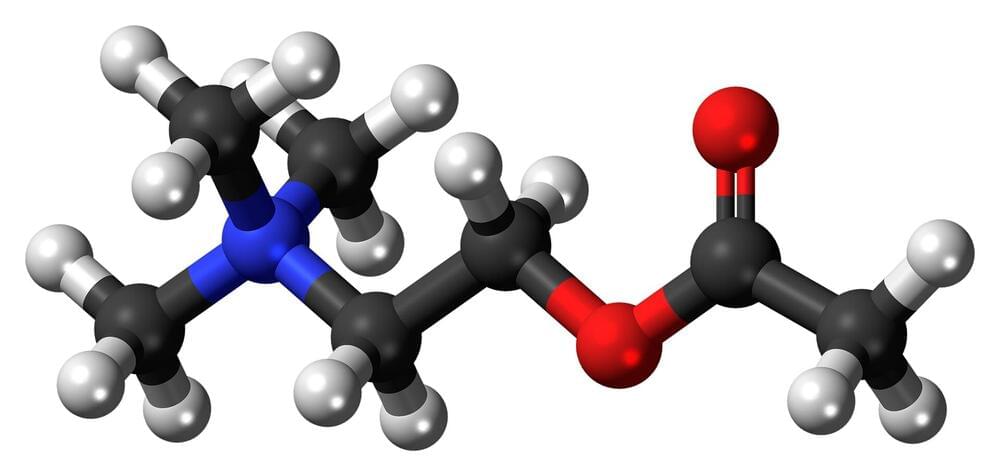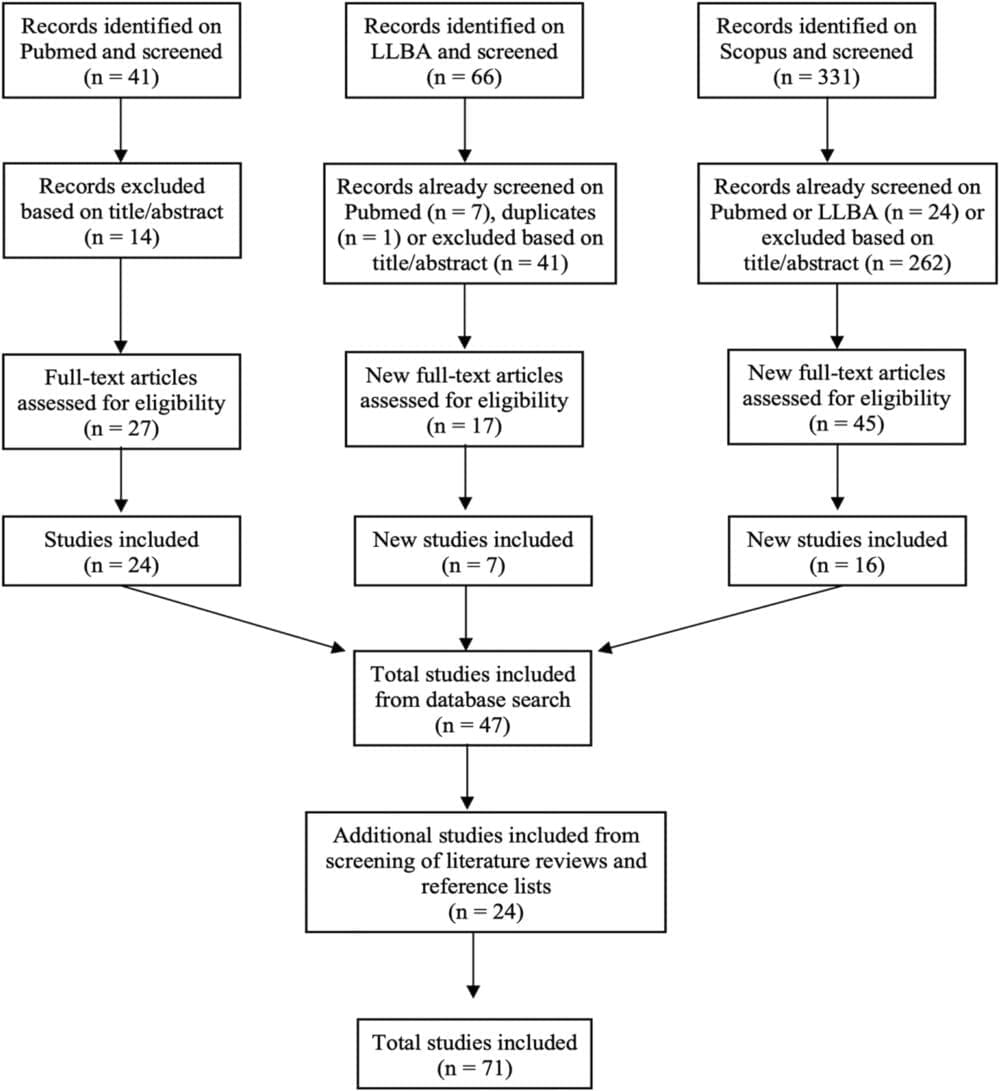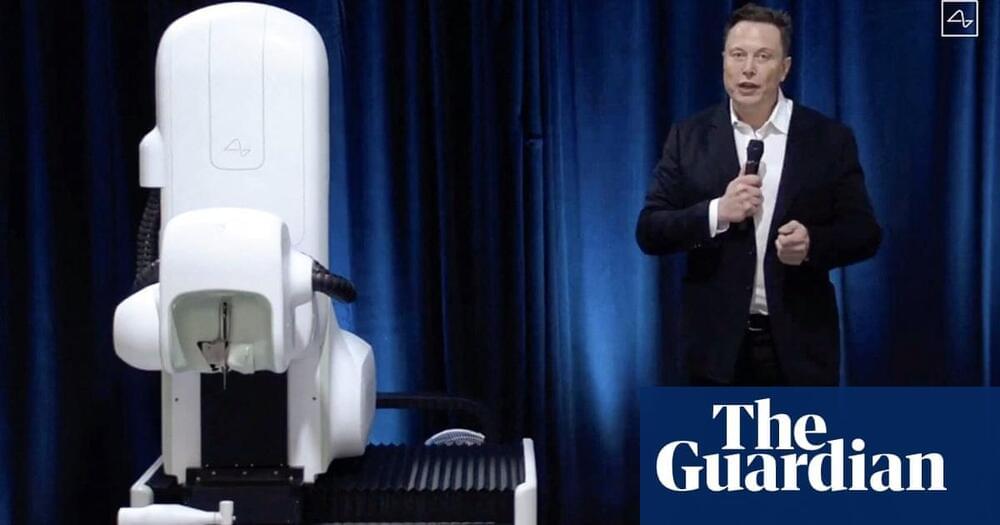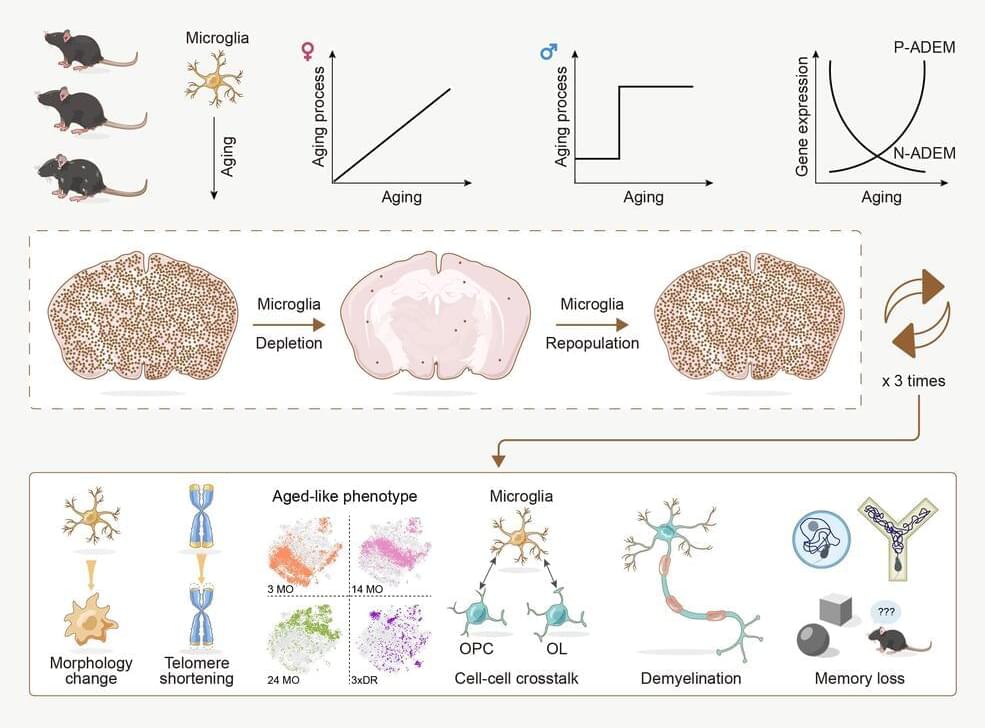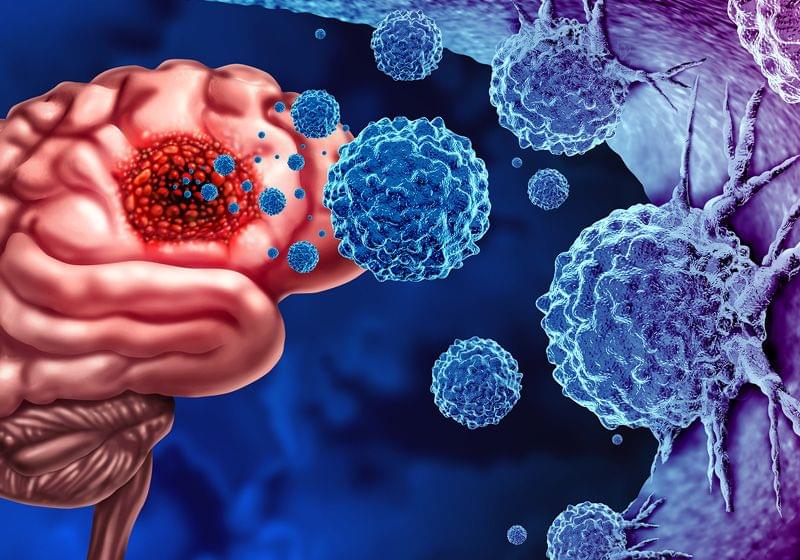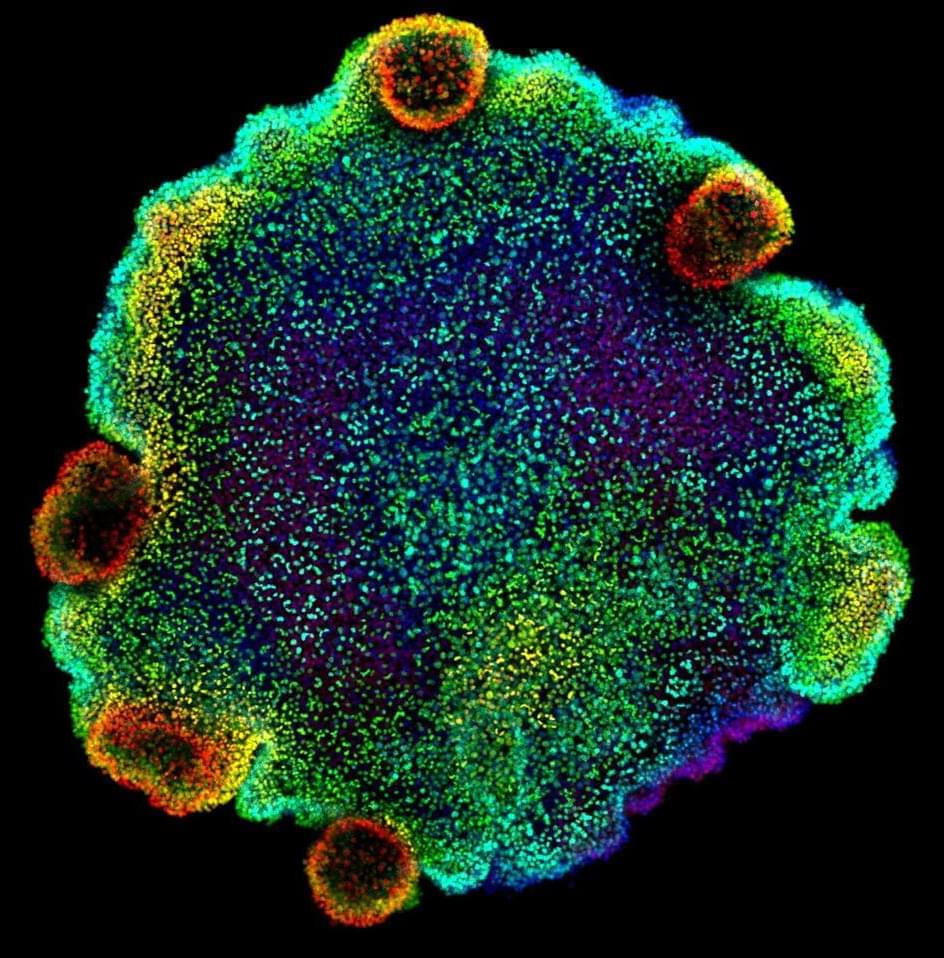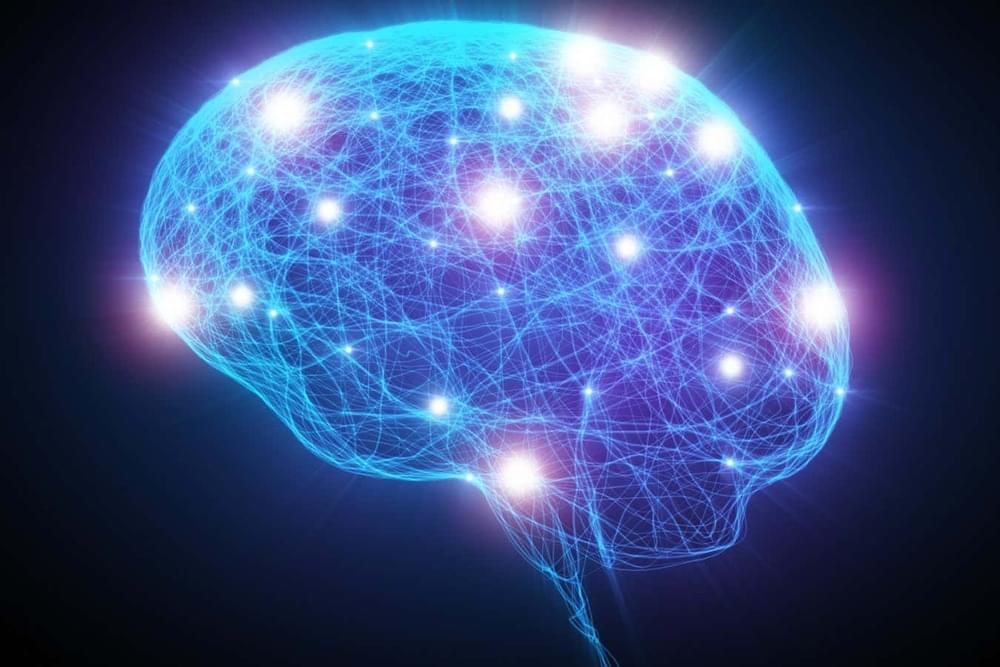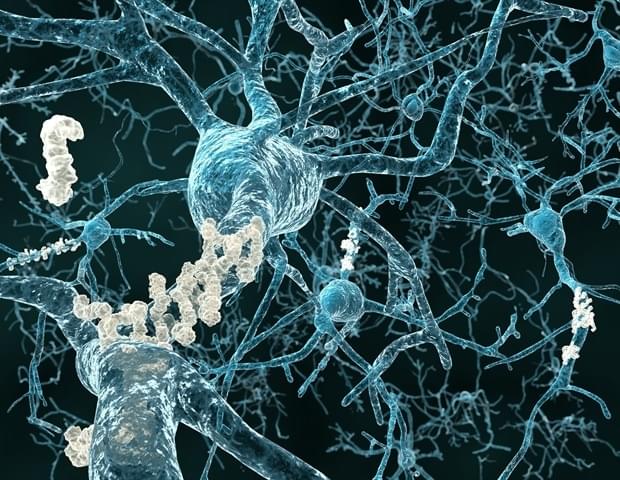Sep 20, 2023
Alternative pain control circuits in the brain found to produce relief similar to opioids without the downsides
Posted by Saúl Morales Rodriguéz in categories: biotech/medical, neuroscience
The opioid epidemic in the United States has exacted an incalculable toll on individuals and communities, creating an urgent need for alternative painkillers. The search for non-opioid treatments is crucial, not only to mitigate the risks of addiction and overdose, but also to develop pain management tools that remain effective without inducing tolerance and other challenging side effects in patients.
New research from the University of Chicago identified an alternative signaling pathway in the brain of mice that relieves pain, even in animals that have developed tolerance to opioids.
The study, titled “A Cholinergic Circuit That Relieves Pain, Despite Opioid Tolerance” and published in Neuron, also showed that pain relief through this route did not induce tolerance, did not create withdrawals symptoms after treatment was stopped, and did not activate reward systems, limiting risk for addiction and making it a viable path to developing effective, non-opioid pain relief.
